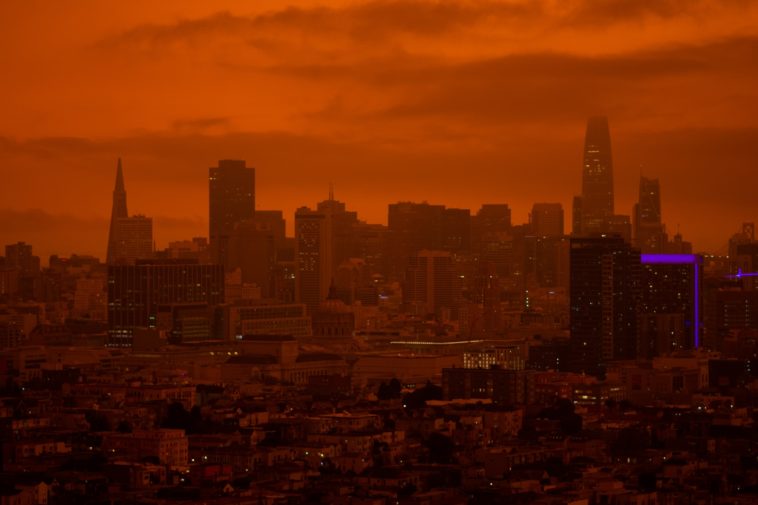Exploring the Shadows: The Enduring Appeal of Dystopian Narratives
Key Takeaways:
- Dystopia represents a flawed society, often underscored by authoritarian rule, environmental disasters, and loss of individuality.
- Originating from Greek for "bad place," dystopia serves as a cautionary tale, warning against potential future societal pitfalls.
- Notable dystopian works include "Brave New World," "1984," and "Fahrenheit 451," each reflecting fears of their time.
- Themes of control, suppression, and societal decay are prevalent, mirroring contemporary societal anxieties.
Diving deep into the realm of dystopia often feels like wandering through a twisted maze of societal decay, a landscape painted with the brushstrokes of fear and control. The term 'dystopia' itself, a blend of the Ancient Greek for 'bad' (dys) and 'place' (topos), perfectly encapsulates these worlds of imagined suffering—a stark contrast to the utopian visions of ideal societies.
Let me share a personal reflection that echoes the eerie resonance of dystopian narratives. Picture walking through the once bustling streets of your hometown, now silent except for the whisper of wind—a ghost town scenario, mirroring the haunting desolation depicted in many dystopian settings. This image serves as a powerful reminder of the thin line between our reality and the chilling possibilities explored in dystopian fiction.
The Historical Tapestry of Dystopia
The evolution of dystopian thought is fascinating, tracing back to works like John Stuart Mill's speeches where he coined the term by affixing 'dys' to 'topia'. This linguistic twist aimed to critique societal trends through the lens of a 'bad place', a mirror reflecting the potential horrors of flawed utopian dreams. Dystopias thus evolved as not mere antitheses to utopias but as complex narratives that blend and blur the lines between idealism and nightmare.
The literary journey into dystopia offers a reflection on societal flaws. Classic works like Aldous Huxley’s “Brave New World” or George Orwell’s “1984” are not just stories; they are prophetic discussions on human nature and governance. They push us to ponder, "What if our world turned into one of these terrifying visions?" This question isn't just theoretical but a dive into our deepest anxieties about the future.
The Cultural Echoes in Dystopian Themes
Dystopian fiction serves as a societal mirror, reflecting our deepest fears and anxieties back at us. The themes are eerily familiar—a tyrannical regime, pervasive surveillance, and the erosion of individuality. These elements resonate because they amplify visible trends in our own world, such as the loss of privacy or the overwhelming influence of technology.
One vivid scenario that dystopian fiction often explores is the loss of individual freedom in the face of overwhelming societal control. Imagine living in a world where your every move is watched, every dissenting thought is monitored. It's a chilling thought that questions our values of freedom and autonomy, making the narrative deeply personal and universally relevant.
Why Do Dystopias Resonate So Deeply?
The enduring appeal of dystopian tales lies in their ability to challenge us—to make us question the stability of our societal structures and the morality of our actions. They are cautionary tales, not just about what could happen but about what happens when we let fear, apathy, or cruelty dictate our actions. Each story, whether set in a bleak future or a parallel reality, acts as a stark reminder of the fragility of our societies and the human spirit.
Reflecting on these themes often feels like looking through a dark mirror, wondering how close we are to stepping over the edge into these nightmarish scenarios. It's this personal and societal reflection that makes dystopian stories so compelling and horrifyingly relevant.
Conclusion
Dystopian narratives, from literature to film, continue to captivate and terrify us because they reflect our deepest fears about the future of society. They offer a space to explore the consequences of our current paths and to consider how we might change course to avoid these potential futures. As we turn the pages of a dystopian novel or watch a grim portrayal on screen, we are reminded of the power of storytelling not just to entertain but to provoke thought, inspire change, and challenge our perceptions of the possible.
Frequently Asked Questions:
- What defines a dystopian society?
- A dystopian society is typically characterized by a tyrannical government, environmental disaster, and the suppression of freedoms, creating a living condition that is extremely oppressive and terrifying.
- How does dystopian fiction differ from post-apocalyptic fiction?
- Dystopian fiction focuses on an oppressive societal order and the struggle within it, while post-apocalyptic fiction deals with the aftermath of a catastrophic event and the survival in the remnants of the world.
- Why are dystopian stories popular in young adult literature?
- Young adults are often at





